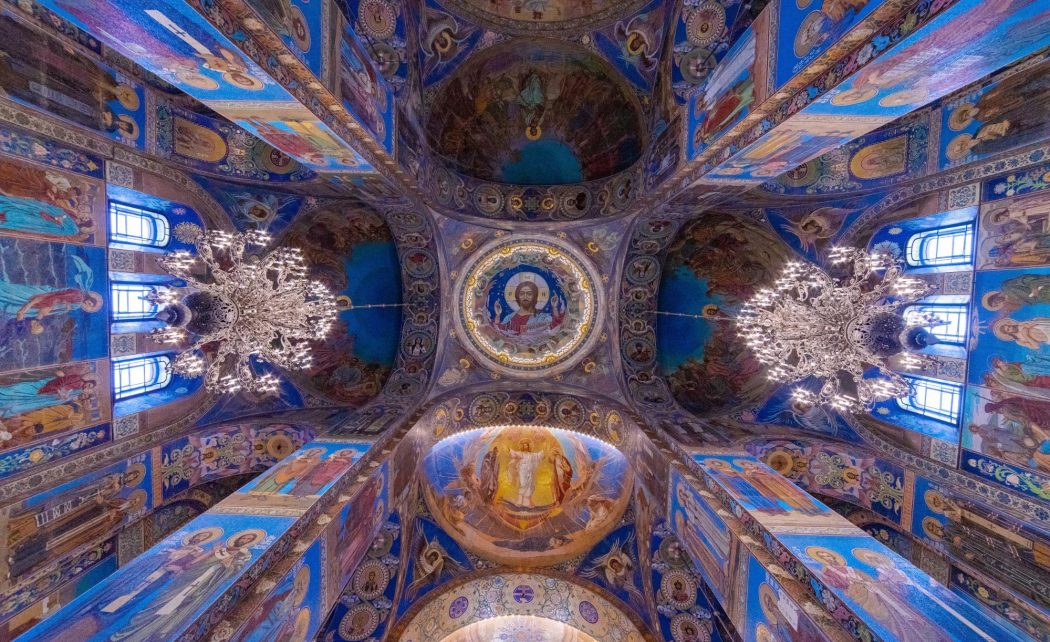Opinion: The existential value of beauty
“I believe the world will be saved by beauty” – Fyodor Dostoevsky, The Idiot.
If you visit anywhere in Europe, you will be amazed by the level of beauty present in the architecture of many cities on the continent. Church towers populate the skylines, and canals flow through the cities, bringing life and nature into the urban sprawl. The cities are designed with a great deal of symmetry and intentionality, built as monuments to the concept of beauty itself. We often use the term awe-inspiring to describe such art, and this reveals something about the nature of beauty, that it is a fundamentally transformative experience. This inspiration is one of few things that truly make life worth living. When we make things beautiful, we justify our own existence.
When we talk about societal reforms, we often talk about economic indicators and social justice, but seldom do we talk about the role of aesthetics. On both the individual and societal level, one of our main objectives should be to cultivate beauty. We should want our cities and our infrastructure to remind us of the grandness of humanity, instead of its worst elements. While walking through a beautiful city, you cannot help but feel the need to contribute to the human species. Whereas, more shabby areas do not encourage such enthusiasm for mankind. Instead, they inspire a certain cynicism that harms both the individual and those who the individual socializes with. Viktor Frankl, a holocaust survivor and the famous author of Man’s Search for Meaning once said that “At any moment, man must decide, for better or for worse, what will be the monument of his existence.”
As a society, what do we want the monument of our existence to be?
Likewise, on an individual level, the role of beauty cannot be understated. In the West, we have a certain tendency to try to compartmentalize things into separate categories, to pretend that everything is completely dissociated from one another. But, the truth is that the world operates through feedback cycles. This is known as the Matthew principle in economics, the idea that abundance or lack of abundance perpetuates itself. In the Book of Matthew, it is stated that “For to him who has will more be given; and from him who has not, even what he has will be taken away.” If a student gets good grades, those good grades make it possible for the student to get a good internship, that internship then creates opportunities for more internships, and before you know it, the student has a near-monopoly on the opportunities available in the market.
At a basic level, the environment which we choose to surround ourselves with has a salient psychological effect on us and can be the origin of feedback cycles, for good or for bad. This is why we should aim to make our places of residency as inspiring and beautiful as possible. The incorporation of beauty into our lives increases the chances that we embark on a positive feedback cycle and accomplish all we need to in this life. In a similar vein, the ideals and expectations we establish for ourselves surrounding our body, the avatar through which we inhabit this life, can also have a pertinent effect on our lives.
Socrates once said, “It is a shame for a man to grow old without seeing the beauty and strength of which his body is capable.” The body is ultimately a reflection of who we are, as our values manifest themselves in the flesh. Freud once said that “no mortal can keep a secret. If his lips are silent, he chatters with his fingertips.” While seemingly unrelated, this idea indicates that internal elements of our nature manifest themselves in a physical form. I have previously written about how I do not believe an external change in appearance is ever arbitrary but is merely reflective of an internal change. To try to make our bodies as fit and capable as possible provides us with a more meaningful and intentional experience.
The role of aesthetics is an unavoidable, but often neglected part of our lives. Through intentionally thinking about beautification on both a personal and societal level hopefully, we can erect a monument to both our own existence and the existence of our species that is worth admiring and find great satisfaction in that endeavor.
Life is beautiful, especially if we try to make it so. As Dostoevsky said, beauty will save the world.

Kristian Fors is a student at Utah State University majoring in Economics and is an opinion columnist for the Utah Statesman. He enjoys studying psychology, traveling, and living life as intentionally as possible.
— krfors@gmail.com

